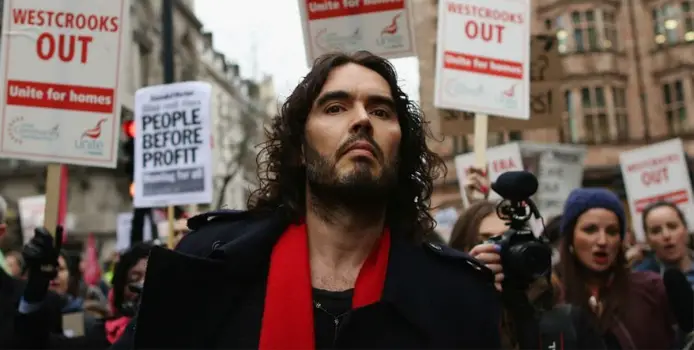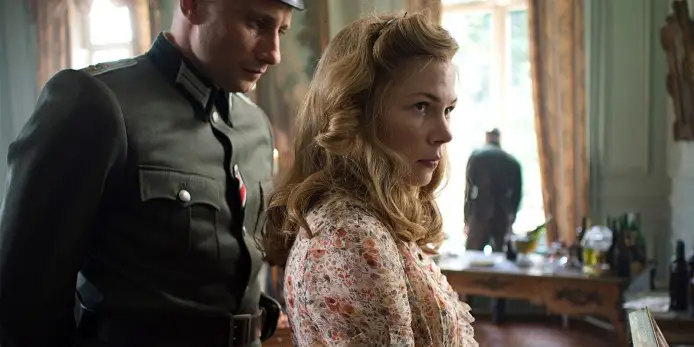United Kingdom

Even though he’s often stereotyped as solely a director of inferior British gangster films, based on his first two releases Lock, Stock and Two Smoking Barrels and Snatch, Guy Ritchie is actually more of an experimental director than you may initially realise. Even though his early films were successful and enjoyable guilty pleasures, Ritchie had something of an insatiable need to be taken seriously, looking towards the European arthouse for inspiration. His third feature Swept Away, starring his then wife Madonna, was a remake of a satirical 1974 Italian film not widely known to international audiences.
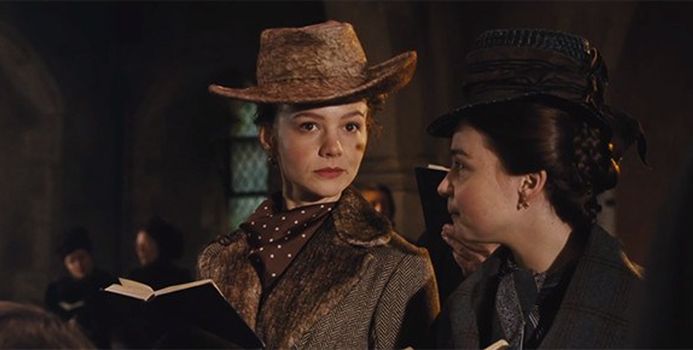
Under the last government, the UK film council (which supported the funding, production and distribution of British films) was scrapped, as prime minister David Cameron cited that the initiative “wasn’t supporting films people British people want to see, like Harry Potter”. Subsequently, we have been told this has made it far harder for British filmmakers to get their movies made. As David Cameron’s Conservative government have recently been re-elected into parliament (this time as the sole governing party; last time they were part of a coalition), it is time to examine what effect this will have on British filmmakers, both in terms of how they will be able to get their films made now there is a tighter grip on funding, as well as how it will effect the kinds of films they make.

Asif Kapadia isn’t the documentary filmmaker of our times, but he is one of the most timely. In the digital age where all information is online, he manages to make movies comprised almost entirely of footage that can be found on YouTube and somehow turn them into major events in documentary cinema. Since his (ever so slightly overrated) 2011 effort Senna, his style as a documentarian has stubbornly refused to change, yet the way he manipulates archive footage to create something new and horrifying is unparalleled, even if it frequently favours emotional manipulation over creating a deeper look at the self-destructive life of subject Amy Winehouse.
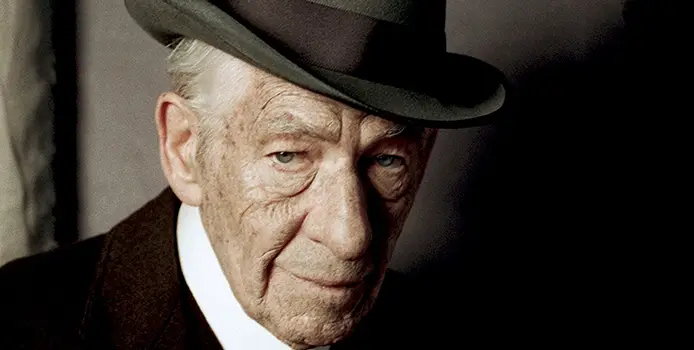
There is something so endlessly fascinating about the character of Sherlock Holmes that prevents him from ever becoming boring to audiences, no matter how different Arthur Conan Doyle’s detective creation is to the pop-culture tastes of the time. The source material is so undeniably entertaining that even if it gets revised as an action blockbuster, as seen in Guy Ritchie’s two recent movies, or transplanted into the modern day, on Steven Moffat’s BBC series, it never loses any of its original charm. No matter how unique a new adaptation of the stories may be, Doyle’s stories are so widely revered that nearly every adaptation of them remains faithful to the essence of the characters, even if they may take a few liberties.
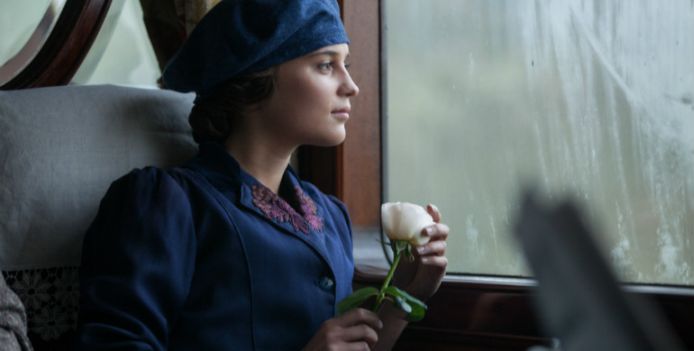
Testament Of Youth is based on Vera Brittain’s memoir of the same name. Her book pays homage to her own losses while growing up during World War I, but also the great loss felt by her generation. Brittain’s book is perhaps unique in that in the UK we are often told about the loss of life during the war.

In recent years, the subject of artificial intelligence in movies has become more and more prominent, perhaps because our own technology has become increasingly advanced in that direction. It may not be long before we have created our own race of conscious, intelligent beings. Until then, though, it is always fascinating to surmise about the idea.

Every now and again, a movie adaptation of a novel is made by the perfect directorial fit for the source material, that helps it stay true to the original text and create a new visionary approach that helps it stand on its own two feet as a distinctive work of art. Danish director Thomas Vinterberg has had an eclectic career, yet is mainly renowned for his two emotionally fraught dramas about the devastating effects of child abuse, his 1998 debut Festen (The Celebration) and his previous feature, 2012’s magnificent The Hunt. These movies are excellent in how they don’t spare the viewer from the histrionic emotions that engulf the characters and completely ruin their lives – The Hunt, starring the always-fantastic Mads Mikkelsen as a primary school teacher wrongly accused of abusing a pupil, could easily draw comparisons with Thomas Hardy.
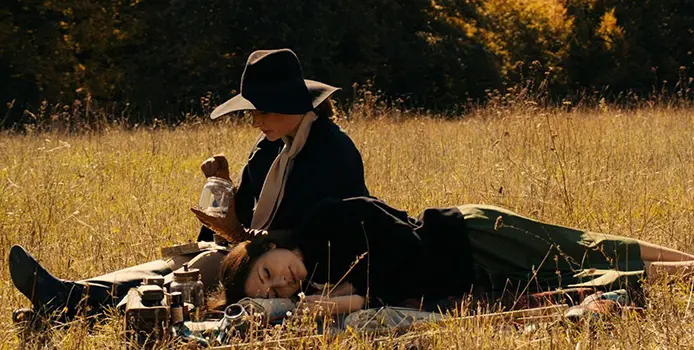
The Duke of Burgundy is that rare thing that almost every movie promises, yet fails to deliver: it is something that you’ve never seen before. It manages to say something universal about the politics and gender roles of relationships using the guise of lesbian sadomasochism, a subject I assume will be entirely alien to most viewers.
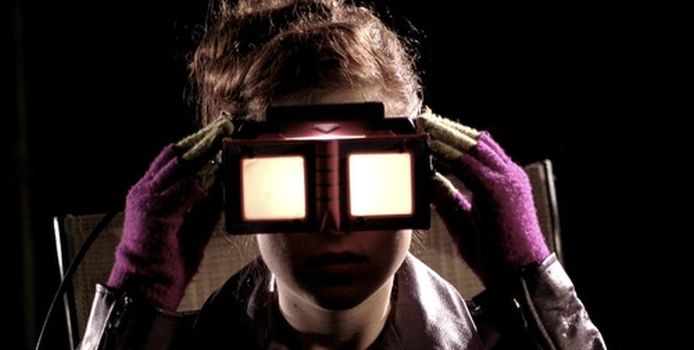
I sat down to watch independent, experimental film How the Sky Will Melt by Matthew Wade the other night with my fiance. Other than bragging about my fiance, I’m including him in the article because he is so very not like me. His favourite movies are comedies, he laughs at fart jokes, and I’m not sure he’s ever seen a David Lynch movie.

Without trying to simplify the cinematic output of an entire nation, it could be argued that there are only two types of British independent films. There’s the prestige fare, that depicts the lives of the upper classes and the monarchy (notable recent examples are The King’s Speech and The Theory of Everything), that are almost always boring, a smash-hit at the international box office, and a major awards contender. The other example is the polar opposite – dark, gritty dramas about the working classes that are never boring, but also never in contention for box office or awards success.




